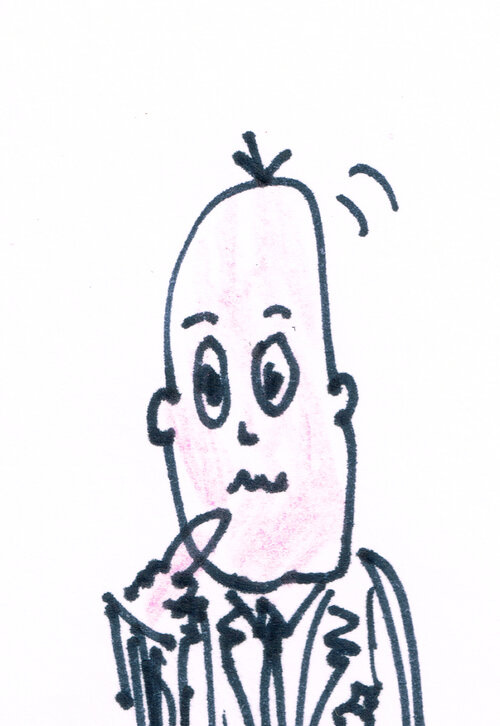As you may know, the Dice Man makes all his decisions on the basis of a throw of the dice. Imagine if Hamlet was the Dice Man…
If it comes up as 1, I’ll bump off my uncle.
If it comes up as 2, I’ll pop round and visit Ophelia.
If it comes up as 3, I’ll put on a play.
If it comes up as 4, I’ll get rid of those wasters Rosencrantz and Guildenstern.
If it comes up as 5, I’ll sort Laertes out.
If it comes out as 6, I’ll have a rethink.
Reference
The Dice Man, by Luke Rhinehart
This article was inspired by Harry Matthews. He created a work called 35 Variations on Theme from Shakespeare. These are based on the source text “To be or not to be, that is the question.”, and appear in the Penguin Book of Oulipo:
The idea originates from Raymond Queneau’s Exercises in Style (Amazon affiliate link), in which the author takes a very mundane incident and reworks it in various ways.
My favourite three “variations” are:
Another point of view
Hamlet, quit stalling.
Emphasis
To be, if you see what I mean, to BE, be alive, exist, not just keep hanging around; OR (ant that means one or the other, no getting away from it) NOT to be, NOT be alive, NOT exist, to — putting it bluntly — check out, cash in your chips, head west; THAT (do you read me? not “maybe this” or “maybe something else”) THAT is, really IS, irrevocably IS, THE one and only inescapable, overwhelming and totally preoccupying ultimate QUESTION.
Amplification
To live forever or never to have been born is a concern that has perplexed humanity from time immemorial and still does.
Concluding thoughts
This sort of thing is, in a sense, pointless, but I think it serves, or can serve, some serious purposes.
Firstly, it really does indicate how great the original is, so great that you can mangle it almost out of recognition and yet it still, on some level, works. I am reminded of great music, like Vivaldi’s Four Seasons. As well as different versions executed at different speeds, I’ve heard prog rock and disco versions and it’s still a fantastic piece of music: it’s so good that it seems to be indestructible.
Secondly, a good teacherly exercise would be to ask students to rewrite it in their own words. I’ve seen “hip” versions of “Romeo, Romeo” and “Friends, Romans, Countrymen” and they work! (I recall a MAD magazine version that began “Friends, Romans, hipsters, let me clue you in…”!)
And thirdly, and following on from that point, it’s quite good fun.
You can read more of my attempts at Oulipo right here: Oulipo.






Really thought-provoking, Terry - great post! :D
I love this idea of constraint. I'm going to start working with this idea. Free flow is great and all, but I've found that method runs itself out. Maybe for writers who need permission to enjoy creative flow, free flow is perfect at first. Personally, I need no more permission to flow right now. LOL I seem to benefit right now with boundaries, which seems to squeeze out unexpected magic. (Mot saying the magic is wondrous, but surprising)